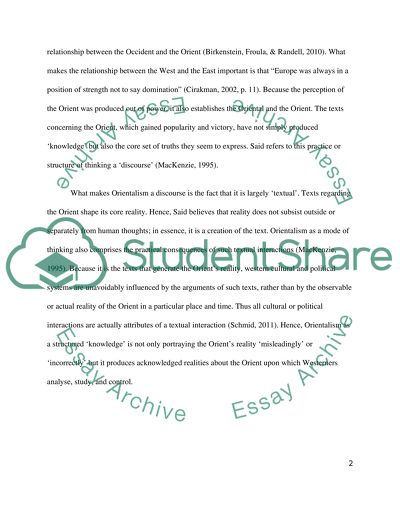Cite this document
(“'The analysis of the problem of terrorism represents, in many ways, a Research Paper”, n.d.)
Retrieved de https://studentshare.org/sociology/1472467-ychthe-analysis-of-the-problem-of-terrorism
Retrieved de https://studentshare.org/sociology/1472467-ychthe-analysis-of-the-problem-of-terrorism
('The Analysis of the Problem of Terrorism Represents, in Many Ways, a Research Paper)
https://studentshare.org/sociology/1472467-ychthe-analysis-of-the-problem-of-terrorism.
https://studentshare.org/sociology/1472467-ychthe-analysis-of-the-problem-of-terrorism.
“'The Analysis of the Problem of Terrorism Represents, in Many Ways, a Research Paper”, n.d. https://studentshare.org/sociology/1472467-ychthe-analysis-of-the-problem-of-terrorism.


